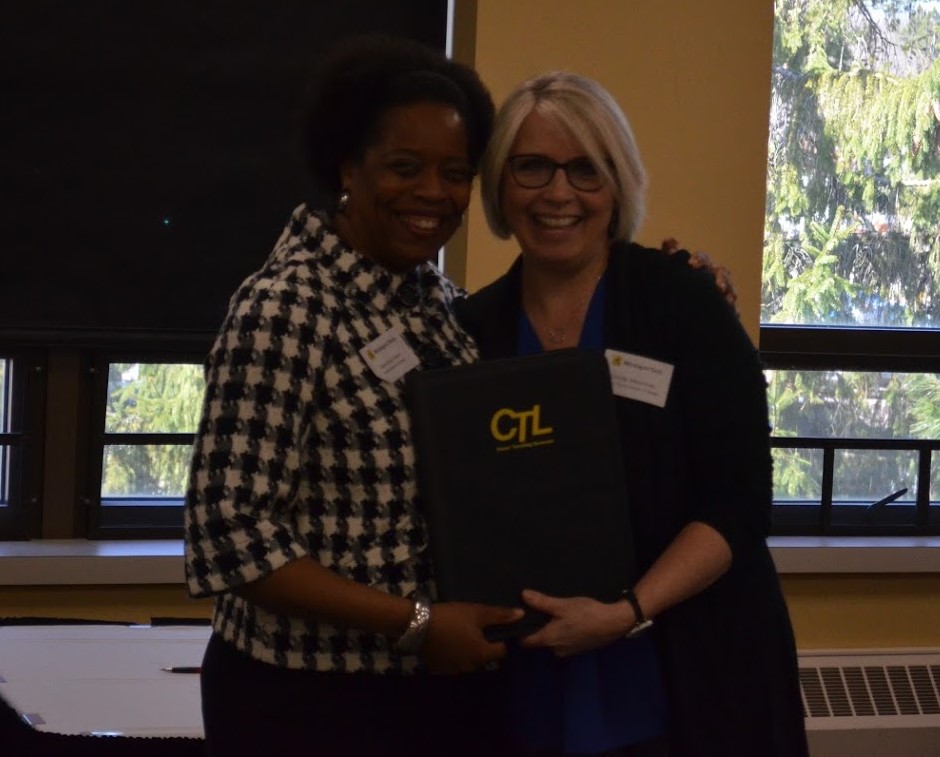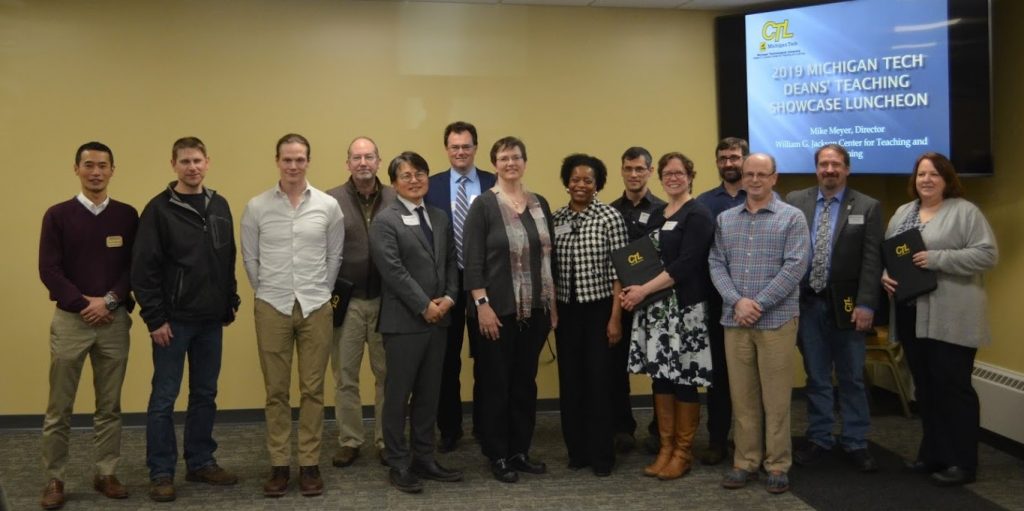You’re not Ghana believe all that the Ghana Goats did during our second full week! It was jam-packed with new people, new experiences, and new places. We really kicked off the week by heading to Babianiha via trotro and taxi to stay at the house of a long time contact in country. Once there, we were greeted with a delicious traditional Ghanaian meal and were shown to the house we would be occupying. It was nice to get to know Ebenezer, a member of the Opuni family, and he told us the origins of Babianiha, which actually means “Everywhere is here,” in the local language. He says it means that everybody should feel at home in Babianiha because their home is here. After getting settled in, we reconvened with the family and talked about how we were going to complete the projects we had planned on. That night was spent lesson planning and brainstorming how to engage with the students with a limited time frame.
The next morning, we were introduced to the headmaster of the local schools, Watuza, and he went over the school’s needs and wants from us and helped direct us in our activity planning. From there, we were introduced to the teachers at the Junior High, the main students we would be interacting with. We immediately dove into activities and did a lesson bridges with the students. After teaching them four basic structures, we gave the students some basic building materials and tasked them with building their own bridges in small groups. Once the students had made a final product, we used weights to test the strength of them. Throughout the activity, the laughs of students and staff alike could be heard around the room. At the end, we presented a large suitcase full of donated educational books to the teachers to be used in the community center. We used the rest of the day to continue to explore project opportunities for future teams and plan for our women’s health workshop during the next morning.


When morning came, we got up extra early to meet with the elders of the village. After we had a conversation with them, they were glad to hear of our success and offered any assistance we may need to complete any of our projects. From there, we ate a quick breakfast and headed over to the school to work with the young women there. During this, Tristan broke off to continue talking with the headmaster and explore what projects they might need help with now or in the future. During the workshop, we worked with the women to help them sew and create reusable menstrual pads. We also talked with them on the importance of practicing good hygiene and other suitable topics for a group of young women.

One of our favorite parts about visiting Babianiha was visiting the local monkey sanctuary. It was beautiful to see the enormous groves of bamboo, and slightly unsettling to hear rustling from above us until eventually monkeys seemed to materialize from thin air. The fact that we brought bananas to bribe them, excuse us, feed them, helped. They would snatch the bananas and corn right out of our hands, and some of them definitely seemed to be posing for their pictures. It is local belief that these monkeys contain the spirits of the ancestors, so they are treated very well, and it is considered disgraceful to harm them.


During the course of the few days we were in Babianiha, we befriended a good portion of the younger school children which resulted in a lot of them following us around town hoping to hold our hands or eerie chanting coming from the occasional hut where the children were trying to welcome us. (Lucinda was their favorite) After our projects finished up, we got ready to head back to Sunyani with Evans, a university student, our local guide, and a part of the family we were staying with.

On Saturday morning, we woke up bright and early to pack into a car for our first mini-vacation of our experience here. We were taking a trip up to Mole National Park for some much needed R&R and a safari. The trip started off rocky- flat tires, potential speeding tickets, and lost reservations- but everything turned out great and we had the privilege of experiencing the natural beauty of the Savannah and Ghana.






Another early morning for a safari was just the adventure the team needed to start the day and we were blessed with tons of elephants to see. A few baboons and deer also made an appearance and made the experience all the more memorable. We checked out of our lodge and headed back to Sunyani that night, celebrating our successful vacation and planning our next steps with a renewed passion after our much needed break. Monday morning saw the departure of our new friend Evans and the team settled in for another bout of meetings and planning to finalize the plans for our last few weeks in Ghana.
It is crazy to think that as we are writing this we are over halfway done with our journey here in Ghana. Stay tuned for updates on our next round of adventures back in Sunyani.
–Becky, Lucinda, and Tristan










































